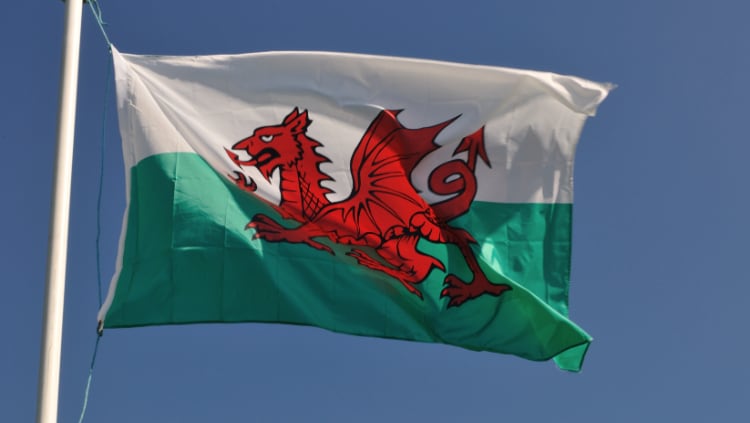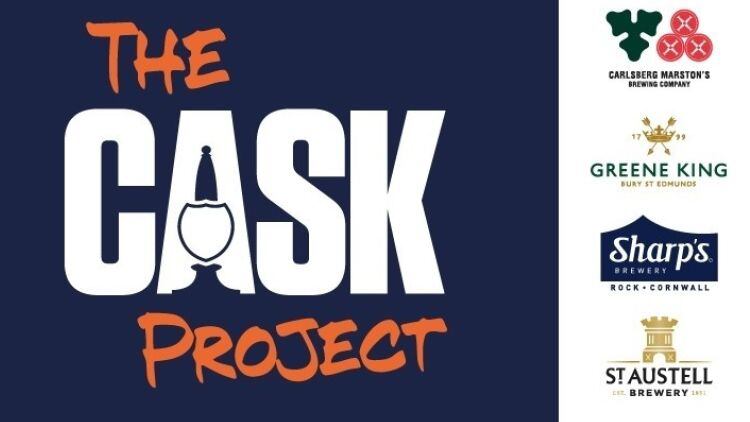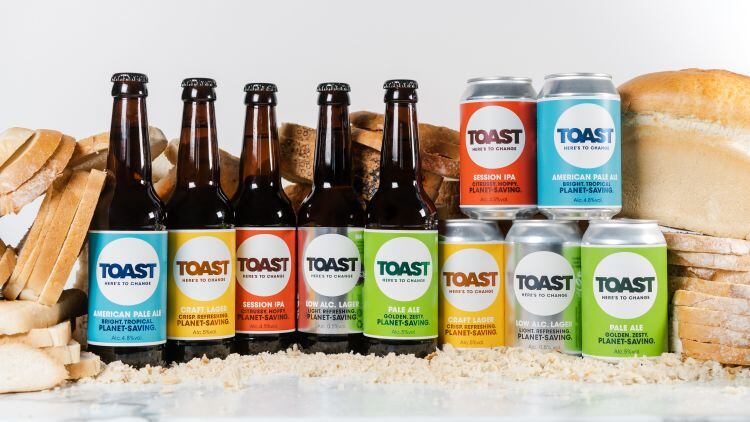UKH chief executive Kate Nicholls said the trade body “strongly opposed” the introduction of the visitor levy, particularly at a time when hospitality was facing soaring costs and staff shortages.
“The added burden in administrative costs, time and likely impact on visitor numbers and spend, could prove to be the final straw for some businesses that are the heartbeat of many local communities and the lifeblood of our highstreets,” she added. “Put simply, this is the wrong tax at the wrong time.”
In its submission to the Welsh government, the trade body highlighted the contribution overnight visitors make to local economies in Wales.
Point of comparison
It requested a detailed, independent Economic Impact Assessment to be carried out so the full consequences of implementing such a levy could be fully explored.
UKH executive director for Wales David Chapman said it was clear any levy would make Wales uncompetitive compared to other international travel destinations.
This was because in European nations where a levy is in operation, hospitality businesses are subject to fewer taxes and a lower rate of VAT.
“Should any visitor levy be introduced in Wales, the money must be ringfenced and operators given full sight and control over where the funds are spent,” said Chapman.
Collateral damage
He previously said the levy would cause “collateral damage” for pubs, bars and restaurants, and the industry needed “more TLC and less taxes”.
Chapman also stated further taxing the sector would mean passing on more costs to customers, who themselves are ‘feeling the pinch’, and potentially driving them into the arms of competitors.
He added: “After two long years of commercial instability, with enforced closures and restrictions, we are now facing a costs and viability crisis and the last thing we need is even more taxation.




